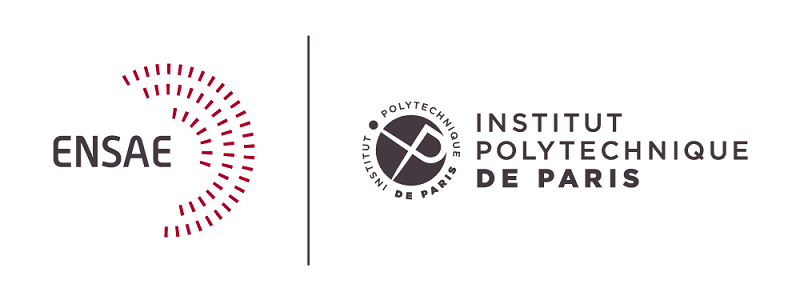Wage Rigidity, Collective Bargaining and the Minimum Wage: Evidence from French Agreement Data
Résumé
Using several unique data sets on wage agreements at both industry and firm levels in France, we document stylized facts on wage stickiness and the impact of wage-setting
institutions on wage rigidity. First, the average duration of wages is a little less than one year and around 10 percent of wages are modified each month by a wage agreement. Data
patterns are consistent with predictions of a mixture of Calvo and Taylor models. The
frequency of wage change agreements is rather staggered over the year but the frequency of effective wage changes is seasonal. The national minimum wage has a significant impact on
the probability of a wage agreement and on the seasonality of wage changes. Negotiated wage increases are correlated with inflation, the national minimum wage increases and the firm profitability.
| Origine | Fichiers éditeurs autorisés sur une archive ouverte |
|---|
